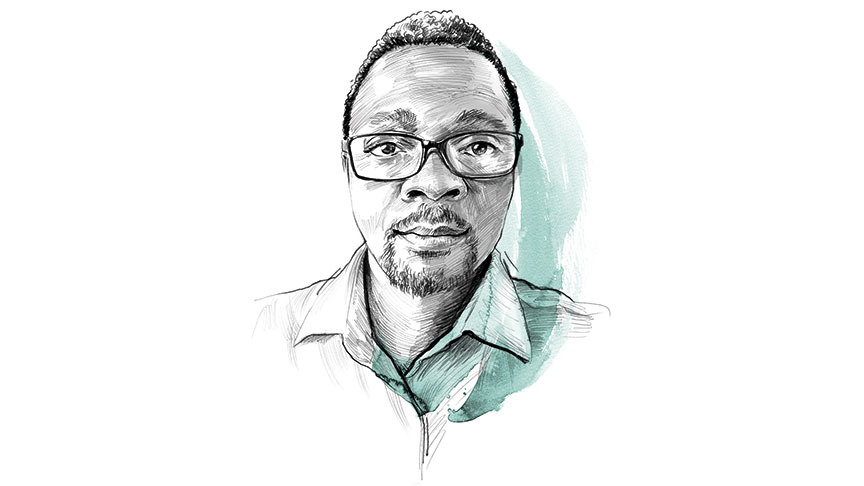Mr Fogang Toyem, you have been conducting research at Humboldt-Universität (HU) in Berlin since the end of March. What got you interested in Germany’s colonial era?
Fogang Toyem: The consequences of German, British and French colonialism are still evident in Cameroon to this day. The country is still being plundered for its natural resources; what is more, the remains can still be seen of buildings, bridges and railway lines that were constructed with the help of forced labour. Having said that, many people in Cameroon value German culture and also see some positive effects of the colonial period: it gave rise after all to the German-Cameroonian cooperation that we have today.
What is the main focus of your work?
Fogang Toyem: I am researching the institutional establishment of the healthcare system and the objectives of healthcare policy under colonial rule. It would be difficult to pursue my project without the funding I receive from the DAAD. Studying is very expensive in Cameroon, and it is also hard to get access to books. In Berlin I have the chance to plug some research gaps with my PhD and make it clear to the people in Cameroon that genuine cooperation can only function if it takes place on an equal footing. —

